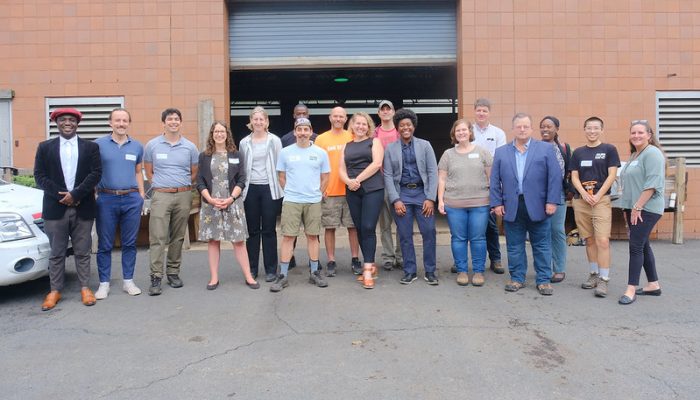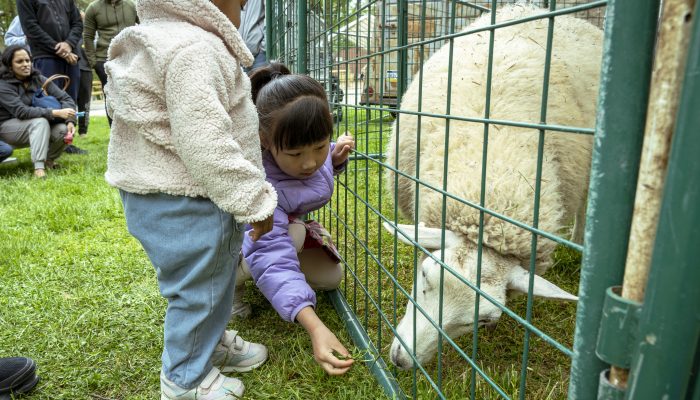At Parks & Rec, meeting the City’s waste reduction targets is a top priority. The less waste we produce, the healthier and more resilient our communities become!
Parks & Rec identified its first waste reduction target: reducing food waste. Parks & Rec is the City’s second largest provider of youth meals. Some meals create waste. Composting this food waste:
- Prevents it from entering the waste stream.
- Reduces the City’s waste footprint.
- Provides nutrient-rich compost for local gardens.
To address this issue, Parks & Rec partnered with Bennett Compost. They are a Philadelphia-based company. They collect food and garden waste from residents and businesses across the city. Bennett Compost agreed to pick-up food waste from our camps and after school programs. In return, Bennett moved its composting business into an unused building on park land. The Bennett compost facility:
- Serves as the company’s headquarters.
- Employs 25 residents.
- Processes food collected from more than 5,000 city businesses and residents.
- Turns food waste into high quality organic compost.
As part of the agreement, Bennett Compost work with youth at local rec centers. The youth learn:
- Where their food scraps go.
- The importance of compost and how it works.
- How to support future composting efforts.
Another benefit of this public-private partnership is the finished product. Parks & Rec receives 11,000 pounds of compost each year. Our recreation centers and parks use some of the compost. Parks & Rec’s Farm Philly community garden network also use the compost. This helps enrich the city’s community gardens, orchards, and greenhouses.




